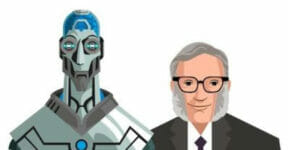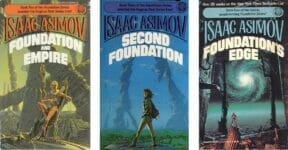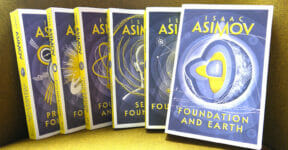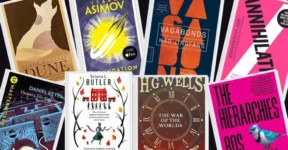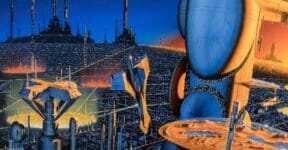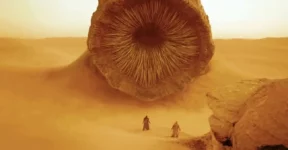Sci-fi offers a seemingly limitless repository of ideas and flavors that there certainly is at least a series of books for every reader of every persuasion, from societies of old mythologies to space-age weapons, from artificial intelligence to post-apocalyptic landscapes. Unlike pure fantasy, however, science fiction texts are still contained within the boundaries of plausibility. They make the unknowns and the seemingly impossible feel convincingly probable. The best sci-fi book series below make for an excellent testament of the case.
Foundation by Isaac Asimov

A prolific sci-fi writer by any standard, Isaac Asimov made a name for himself with a long list of classic short stories. Most of them read like glorified jokes that conclude with big punch lines at the end. In his Foundation series, there is a strikingly different approach. Although the prose itself may seem stilted, his portrayal of the rise and fall of empires has left a long lasting legacy for the literary world. The Foundation series, published between 1942 and 1993, remains one of the great sci-fi book classics of all time. It follows the exploits of Hari Seldon, the pioneer of psychohistory with the ability to predict the future of human civilization and the entire galaxy thousands of years in advance.
Where to Buy: Amazon
The Lady Astronaut by Mary Robinette Kowal
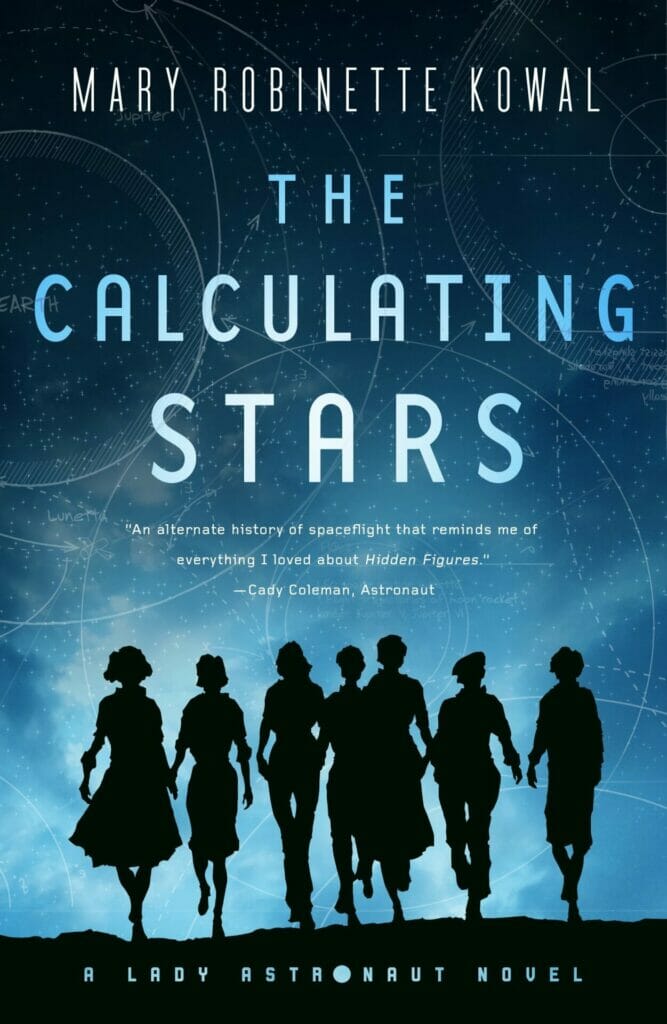
Planet Earth will become inhospitable before long, thus space exploration is a necessity triggered by insecurity rather than scientific curiosity. The series is comprised of three books: The Calculating Stars, The Fated Sky, and The Relentless Moon. All tell the tales of World War II pilot Elma York, who yearns to become an astronaut herself. The Lady Astronaut has its fair share of fictional plots mixed seamlessly with factual history, building a powerful vision of how space exploration can bring positive changes to the society.
Where to Buy: Amazon
Remembrance of Earth’s Past by Liu Cixin
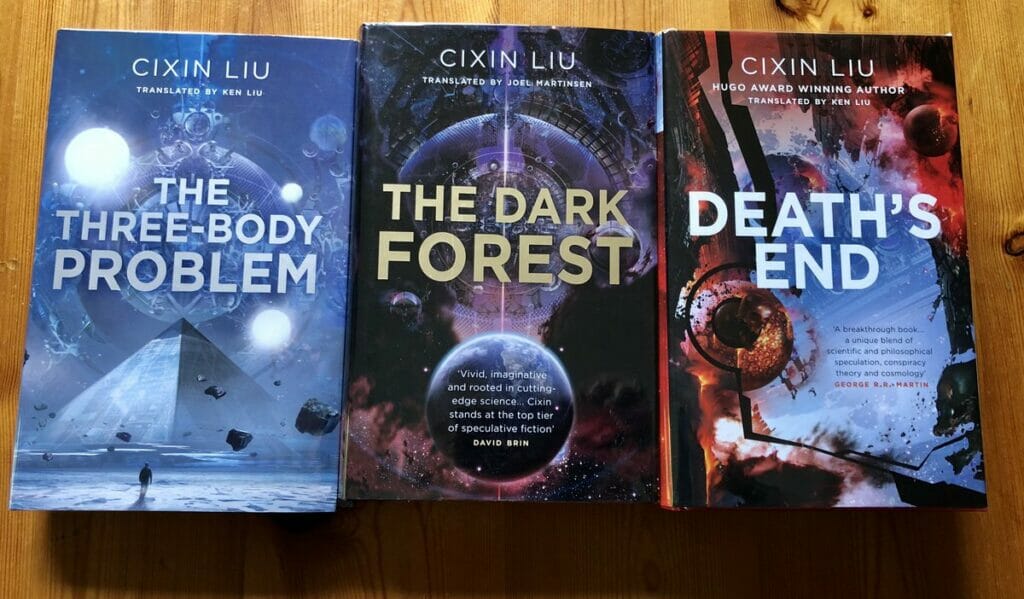
It takes Liu Cixin three books in the Remembrance of Earth series to paint a picture of how an alien invasion happens and its consequences to the human civilization. While encounters with hostile extraterrestrial lives are nothing new in sci-fi, the author goes to great lengths to craft a story that makes sense and can stand the scrutiny of scientific plausibility.
Where to Buy: Amazon
The Interdependency by John Scalzi
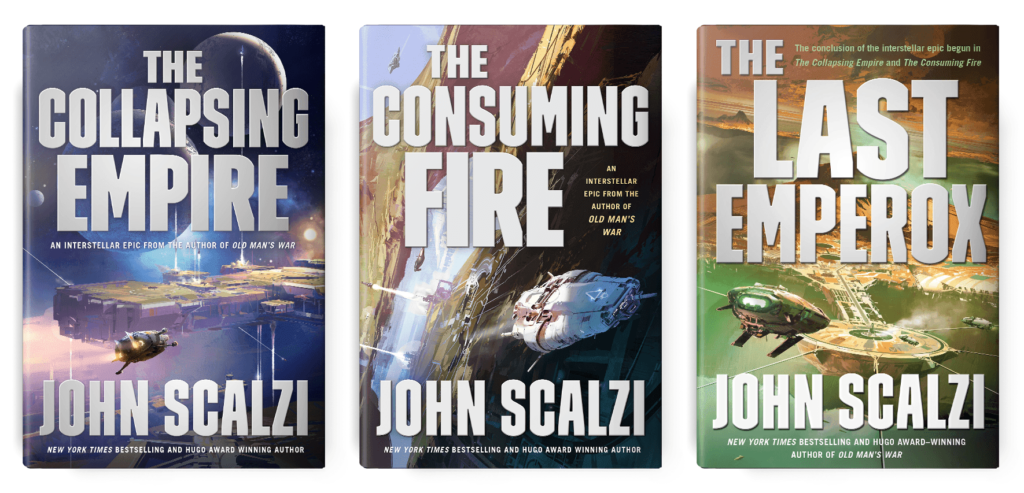
For a series that is meant to be funny, hopeful, and heartfelt, The Interdependency ends up being a reflection of how human civilization recognizes and chooses to ignore some of the society’s biggest problems. The trilogy tells the story of a galactic empire on the brink of a downfall when its interstellar routes disintegrate. Despite the inevitability of the upcoming disaster, the empire still somehow finds reasons to think everything will be fine. Author John Scalzi demonstrates a sprinkle of divine omniscience with his storytelling ability.
Where to Buy: Amazon
Murderbot by Martha Wells
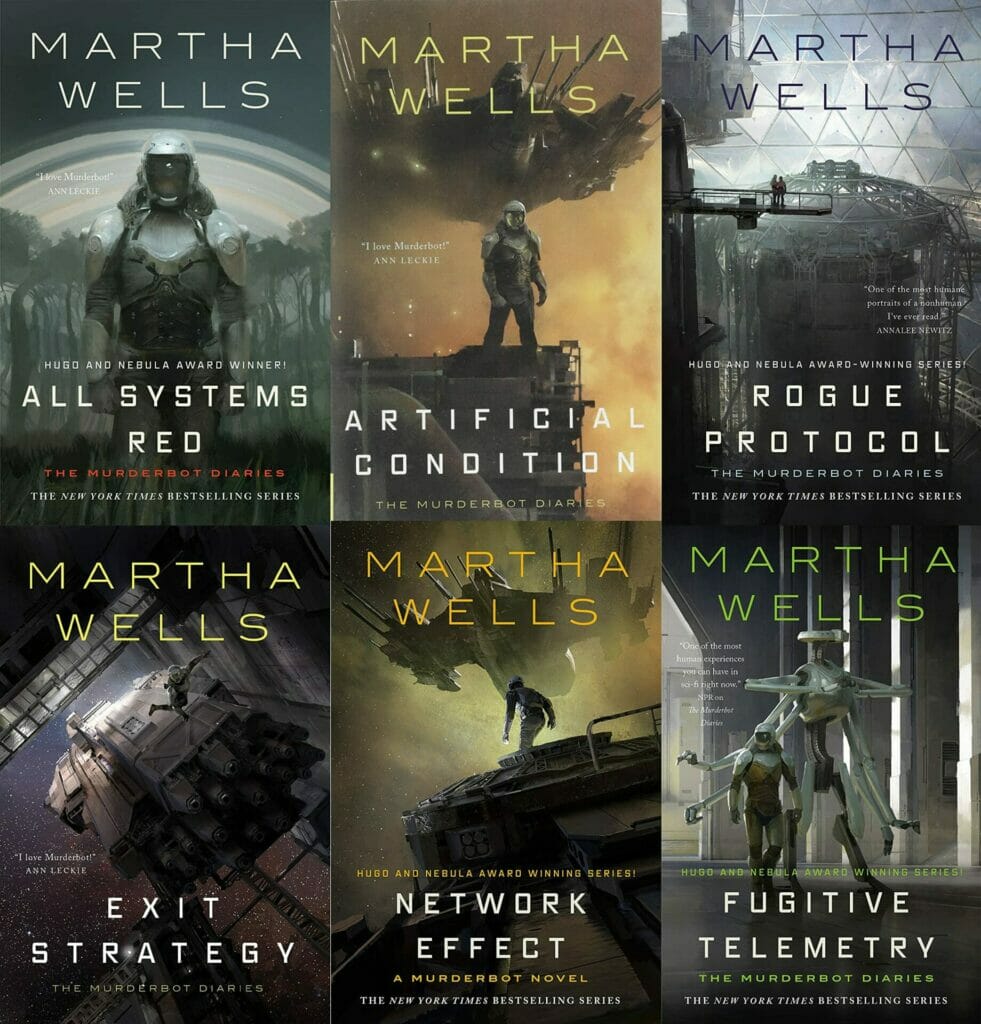
The main character in the Murderbot series is an AI security robot, which turns out to be self-aware and devious enough to hack into its own system. Also, the robot is murderous. Between the action-packed narrative and expansive world in the series, the characterization is the star of the show. Murderbot, which has given itself free will, is deeply human beneath the killing-machine façade.
Where to Buy: Amazon
The Masquerade by Seth Dickinson
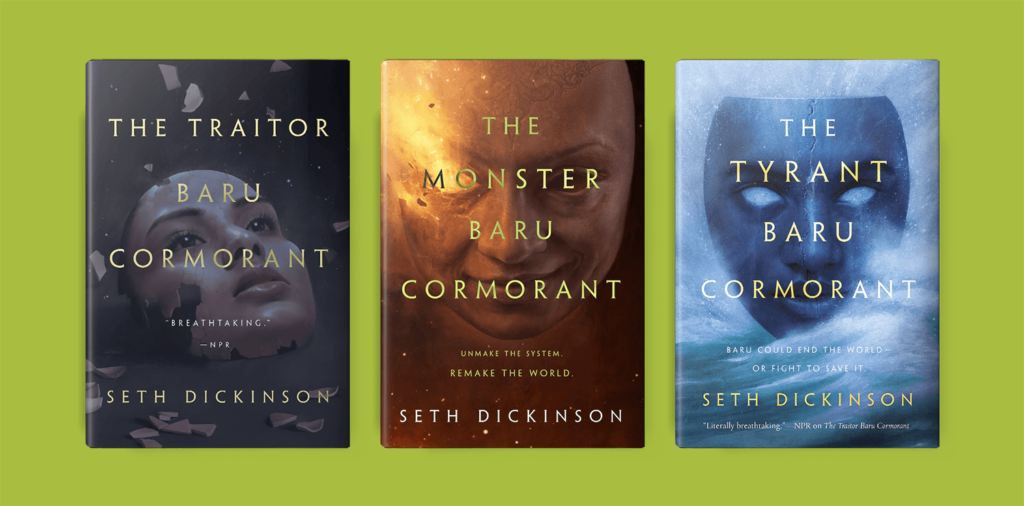
If there is one important message in The Masquerade series it’s that sometimes you need to be the most powerful evil to bring all others to submission. It is the story of Baru Cormorant, a free-living woman who has to witness how the society degrades under the Empire of Masks. She is determined to put a stop to the madness by becoming a powerful hand of the repressive system. Baru might just need to transform into the very monster she tries to conquer.
Where to Buy: Amazon
The Poppy War by R.F. Kuang
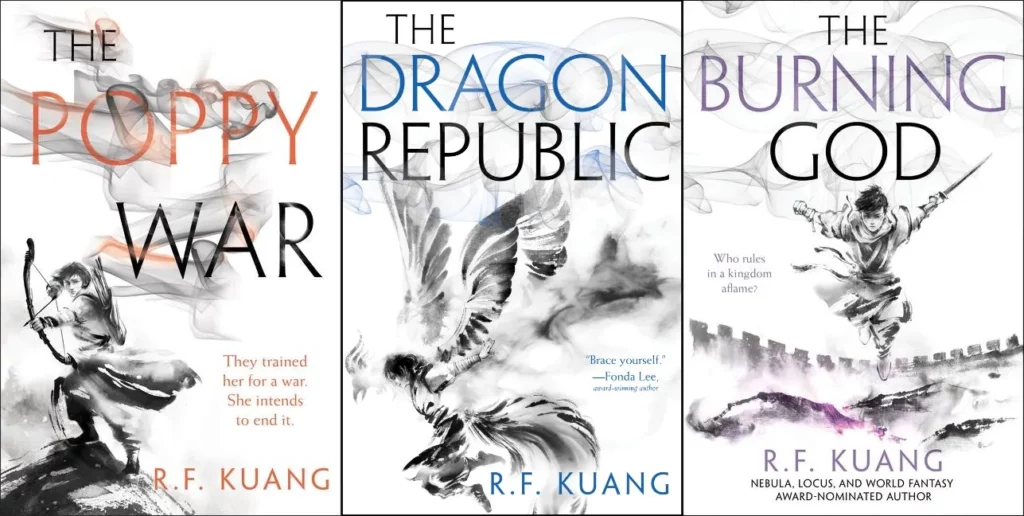
An entire sci-fi series that revolves around the idea of Mao Zedong being a teenage girl can indeed touch the hearts of not only Asian readers, but everyone else anywhere in the world. Using factual historical context, the author chronicles the time and life of a war orphan Fang Runin, a character inspired by Mao Zedong. She started life hating the war, but ends up having an insatiable hunger for power.
Where to Buy: Amazon
The Broken Earth by N. K. Jemisin
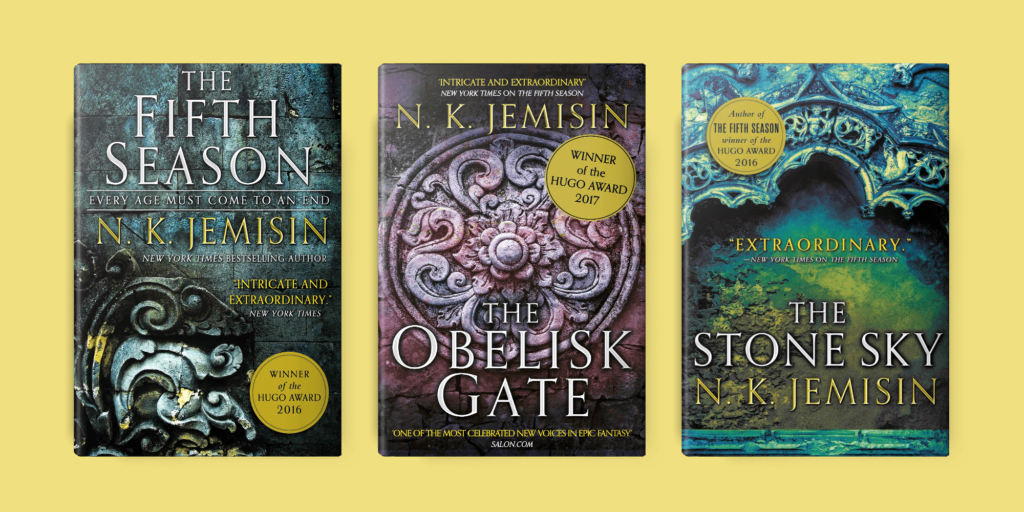
In a world called Stillness, earthquakes are parts of the routine which can lead to centuries-long upheavals. The only people who can stop the madness, and unfortunately start it as well, are known as the Orogenes. Everyone else from the Strongbacks to the Innovators and from the Breeders to the Guardians, hate the Orogenes. All around the characters is a magnificent world on which there is a clear despicable system of oppression. The Broken Earth trilogy has earned the author N. K. Jemisin three successive Hugo Awards; one for each book in this series.
Where to Buy: Amazon
Machineries of Empire by Yoon Ha Lee
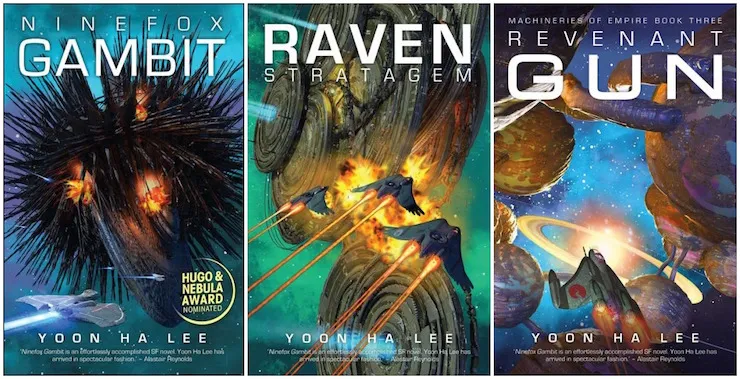
Numbers are power in Hexarchate. Zero-tolerance adherence to the imperial calendar is what makes the society function and work like a well-oiled machine. Since the imperial calendar is a system of numbers that can alter reality, even the slightest glitch is a threat to civilization. The Machineries of Empire series entangles a lot of math, but it also tells you that numbers can lie.
Where to Buy: Amazon
The Expanse by James S. A. Corey
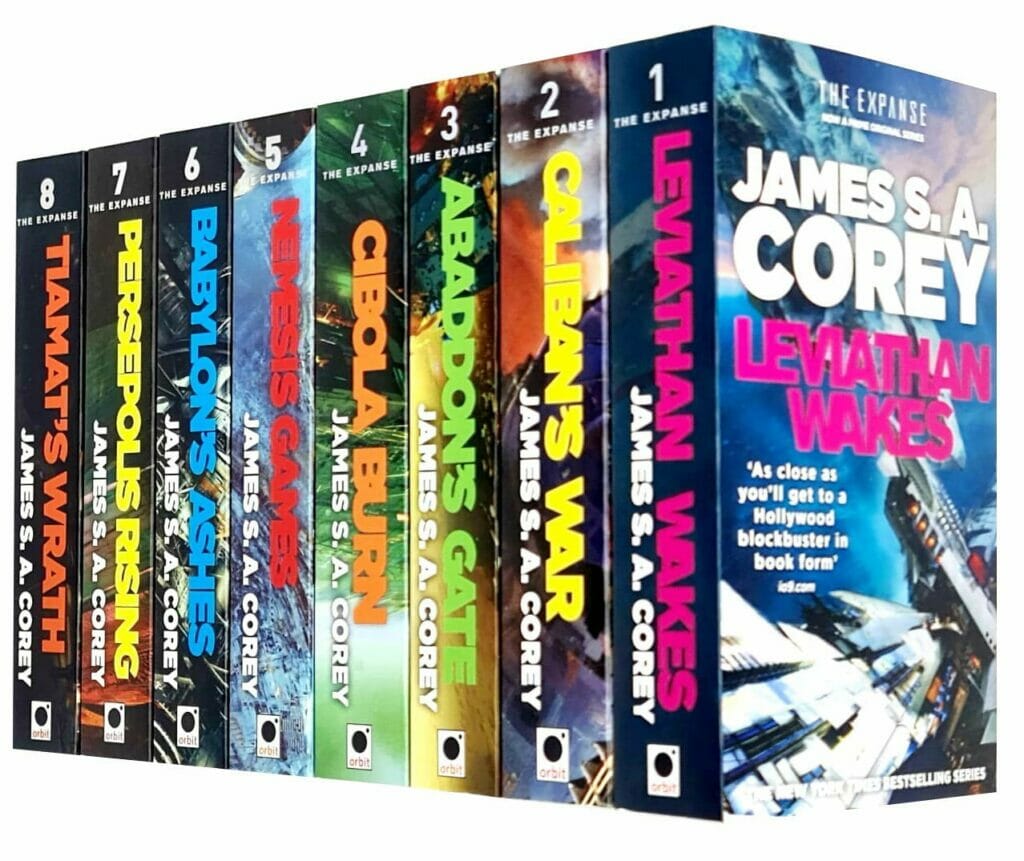
When a book makes its way to the screen, readers and viewers inevitably have some argument on which version is best. With The Expanse, the TV show makes a respectable depiction of the power struggle between Mars, Earth, and another civilization on the far-end of the galaxy. It is great entertainment, but the book has plenty more to tell. Many parts of the major storyline, including characters and planets, prove to be too difficult to adapt on screen.
Where to Buy: Amazon
(The Illustrated) At the Mountains of Madness by H.P. Lovecraft (Author), Francois Baranger (Illustrator)

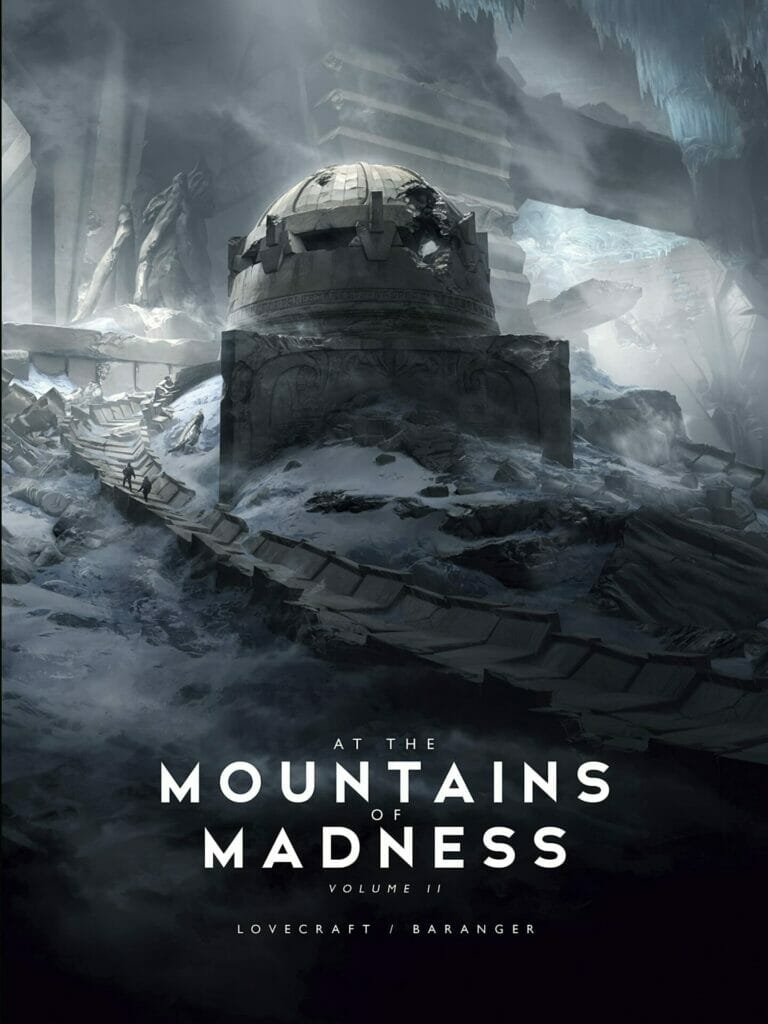
H. P. Lovecraft, who died in 1937, has often been referred to as the man who could scare Stephen King. As far as classic horror tales are concerned, very few (if any) author can surpass Lovecraft in storytelling depth and complexities. Many of his works are not the easiest to read, mostly because of the archaic language and convoluted style. Thankfully, modern readers can now experience the dreadfulness of Lovecraft’s horror without actually going through the prose. One of Lovecraft’s best works, At the Mountain of Madness, has been published as an illustrated two-volume series. Among all science fiction series new entries in the last few years, it is not one to be missed.
Where to Buy: Volume 1 Amazon | Volume 2 Amazon
We can’t get enough great science fiction book series to read. Nothing beats reading a good series on a cold day in front of a fire. And if you live where it doesn’t get cold, nothing beats just the reading! Which is your favorite sci-fi series? Let us know. We’d love to hear from you.
If you liked this, then check out Isaac Asimov Quotes and Sayings on the Science of Life and the Distant Future!
Other things you might want to know about.
What are some of the best science fiction book series?
According to tckpublishing.com here is a list of the best science fiction book series that you can explore right now.
- Dune by Frank Herbert
- The Giver Quartet by Lois Lowry
- The Expanse Series by James S.A. Corey
- The Vorkosigan Saga by Lois McMaster Bujold
- The Hunger Games Trilogy by Suzanna Collins
- The Patternist Series by Octavia Butler
- The Foundation Series by Isaac Asimov
- The Three-Body Problem Series by Cixin Liu
- The Forever War Series by Joe Haldeman
- Broken Earth Trilogy by N.K. Jemisin
- Oxford Time Travel Series by Connie Willis
- The Silo Trilogy by Hugh Howey
- The Culture Series by Ian M. Banks
- The Centenal Cycle by Malta Older
- The Legend Trilogy by Marie Lu
Go to tack publishing.com for more details of each of these series.
What are the best science fiction books for kids?
According to imaginationsoup.net the best science fiction books for kids ages 6-16 are chapter books that could include science technology and/or in space and/or in a different dimension.e
For ages 6-9:
Ziti the Spacegirl by Ben Hatke
Ricky Ricotta’s Mighty Robot The Voodoo Vultures from Venus by Dav Pilkey
Galaxy Zack Hello, Nebulon!
Plants vs. Zombies by Paul Tobin and Ron Chan
Diary of a Minecraft Zombie Book 1: A Scare of a Dare
Doodle Adventures: The Search for Slimy Space Slugs! By Mike Lowery
Frank Einstein and the Antimatter Motor by Jon Scieszka
Hilo the Boy Who Crashed to Earth by Judd Winick
Bots #5: A Tale of Two Classrooms by Russ Bolts
Star Wars Jedi Academy by Jeffrey Brown
For ages 8-12
First Cat in Space by Mac Barnett
Trapped in a Video Game by Dustin Brady
A Wrinkle in Time by Madeline L’Engle
Diary of an 8-Bit Warrior by Cube Kid
Your Pal Fred by Michael Rex
Space Case and Spaced Out by Stuart Gibbs
The Last Kids on Earth by Max Brallier
The Last Gate of the Emperor by Kwame Mbalia and Prince Joel Makonnen
Hypnotists by Gordon Korean
Dead City by James Ponti
For ages 13+
I Am Number Four by Pittacus Lore, et.al
Red Rising by Pierce Brown
The Last Cuentista by Donna Barba Higuera
The Prisoner of Cell 25 (Michale Vey#1) by Richard Paul Evans
The Maze Runner by James Dasher
Undertakers: The Rise of the Corpses by Ty Drago
Steelheart by Brandon Sanderson
Bot Wars by J.V. Kade
Eye of the Minds by James Dashner
The Rig by Joe Ducie
Go to imaginationsoup.net for more titles and descriptions of the books. You’ll have a science fiction fan in no time!
Is reading science fiction good for kids?
Yes! Research shows that all fiction can generate critical thinking skills and emotional intelligence for young people. According to greatergood.berkeley.edu it may help kids bounce back from adversity. It can help kids cope, especially with the stress and anxiety of living through the Covid-19 pandemic.


